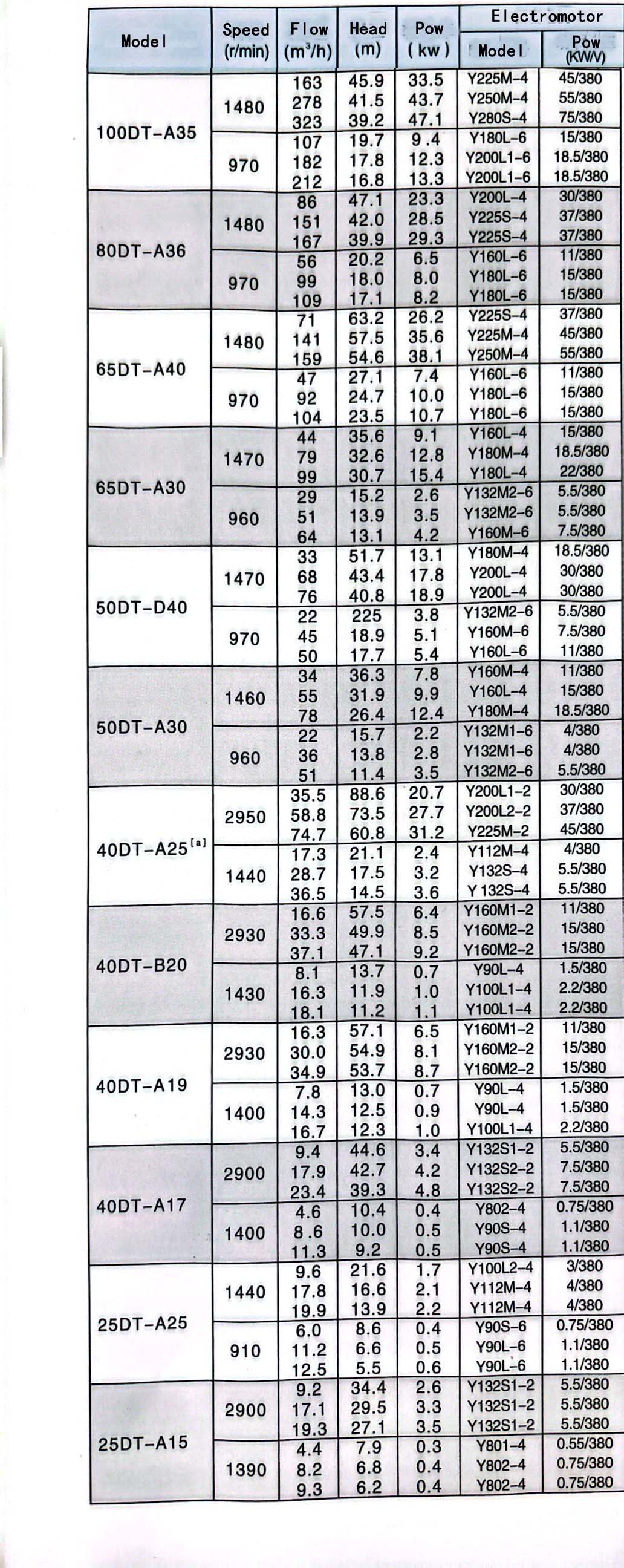Hindi
- Afrikaans
- Albanian
- Amharic
- Arabic
- Armenian
- Azerbaijani
- Basque
- Belarusian
- Bengali
- Bosnian
- Bulgarian
- Catalan
- Cebuano
- Corsican
- Croatian
- Czech
- Danish
- Dutch
- English
- Esperanto
- Estonian
- Finnish
- French
- Frisian
- Galician
- Georgian
- German
- Greek
- Gujarati
- Haitian Creole
- hausa
- hawaiian
- Hebrew
- Hindi
- Miao
- Hungarian
- Icelandic
- igbo
- Indonesian
- irish
- Italian
- Japanese
- Javanese
- Kannada
- kazakh
- Khmer
- Rwandese
- Korean
- Kurdish
- Kyrgyz
- Lao
- Latin
- Latvian
- Lithuanian
- Luxembourgish
- Macedonian
- Malgashi
- Malay
- Malayalam
- Maltese
- Maori
- Marathi
- Mongolian
- Myanmar
- Nepali
- Norwegian
- Norwegian
- Occitan
- Pashto
- Persian
- Polish
- Portuguese
- Punjabi
- Romanian
- Russian
- Samoan
- Scottish Gaelic
- Serbian
- Sesotho
- Shona
- Sindhi
- Sinhala
- Slovak
- Slovenian
- Somali
- Spanish
- Sundanese
- Swahili
- Swedish
- Tagalog
- Tajik
- Tamil
- Tatar
- Telugu
- Thai
- Turkish
- Turkmen
- Ukrainian
- Urdu
- Uighur
- Uzbek
- Vietnamese
- Welsh
- Bantu
- Yiddish
- Yoruba
- Zulu
Telephone: +86 13120555503
Email: frank@cypump.com
अक्टूबर . 10, 2024 13:11 Back to list
Understanding the Operation and Applications of Centrifugal Chemical Pumps in Industry
Centrifugal Chemical Pumps An Overview
Centrifugal chemical pumps are vital components in a wide range of industrial processes, particularly in the chemical, pharmaceutical, and food processing sectors. Utilizing the principles of centrifugal force, these pumps are designed to move liquids efficiently by converting mechanical energy into hydraulic energy.
At the heart of a centrifugal pump is an impeller, a rotating component that generates flow. As the impeller turns, it imparts velocity to the liquid, which is then directed into a volute or diffuser. This design allows the kinetic energy of the liquid to be converted into pressure energy, enabling the fluid to be transported through pipelines to its destination. The simplicity of this design is one of the reasons centrifugal pumps are widely used across various industries.
One of the most critical aspects of centrifugal chemical pumps is their ability to handle a diverse range of fluids, including corrosive and viscous substances. The materials used in the construction of these pumps are crucial for their performance and longevity. Common materials include stainless steel, polypropylene, and various elastomers, which can withstand harsh chemical environments. Selecting the appropriate material is essential to prevent pump failure and ensure operational safety.
centrifugal chemical pump

Centrifugal pumps can also be customized for specific applications. For instance, the size and design of the impeller can vary, affecting the flow rate and pressure generated by the pump. Depending on the requirements of a particular process, users can choose between different types of impeller designs, such as open, closed, or semi-open impellers. Additionally, the pump’s motor specifications can be tailored to achieve the desired performance level.
Efficiency is another significant advantage of centrifugal chemical pumps. In many applications, these pumps can operate at high flow rates, which is particularly beneficial in large-scale operations. Their efficiency often leads to reduced energy consumption, contributing to lower operational costs over time. Moreover, with advancements in technology, modern centrifugal pumps are designed to operate more quietly and with less vibration, further enhancing their suitability for various environments.
However, despite their many advantages, centrifugal pumps do have their limitations. They are generally less effective than positive displacement pumps when it comes to handling low-viscosity fluids and can struggle with maintaining consistent flow rates under varying pressure conditions. Additionally, proper maintenance is crucial to ensure long-term performance. Regular inspections and timely replacements of worn-out parts can significantly extend the life span of these pumps.
In summary, centrifugal chemical pumps play a crucial role in numerous industrial applications thanks to their efficiency, versatility, and ability to handle various fluids. Understanding their principles of operation, material considerations, and maintenance needs can significantly enhance their reliability and performance in demanding environments. As industries continue to evolve, these pumps will undoubtedly remain a cornerstone of fluid management solutions.
-
High-Performance Chemical Pumps for Sale – Industrial & Injection Solutions
NewsJul.28,2025
-
Large Industrial Sludge Slurry Pump Mining Wear-resistant Solutions
NewsJul.28,2025
-
High-Performance Septic Tank Pumps for Reliable Wastewater Management
NewsJul.26,2025
-
High Efficiency Horizontal Split Case Pump for Industrial Use
NewsJul.25,2025
-
Flue Gas Desulfurization Pump for Efficient Chemical Processing
NewsJul.24,2025
-
High-Efficiency Axial Flow Pump for Water Transfer & Irrigation
NewsJul.23,2025










